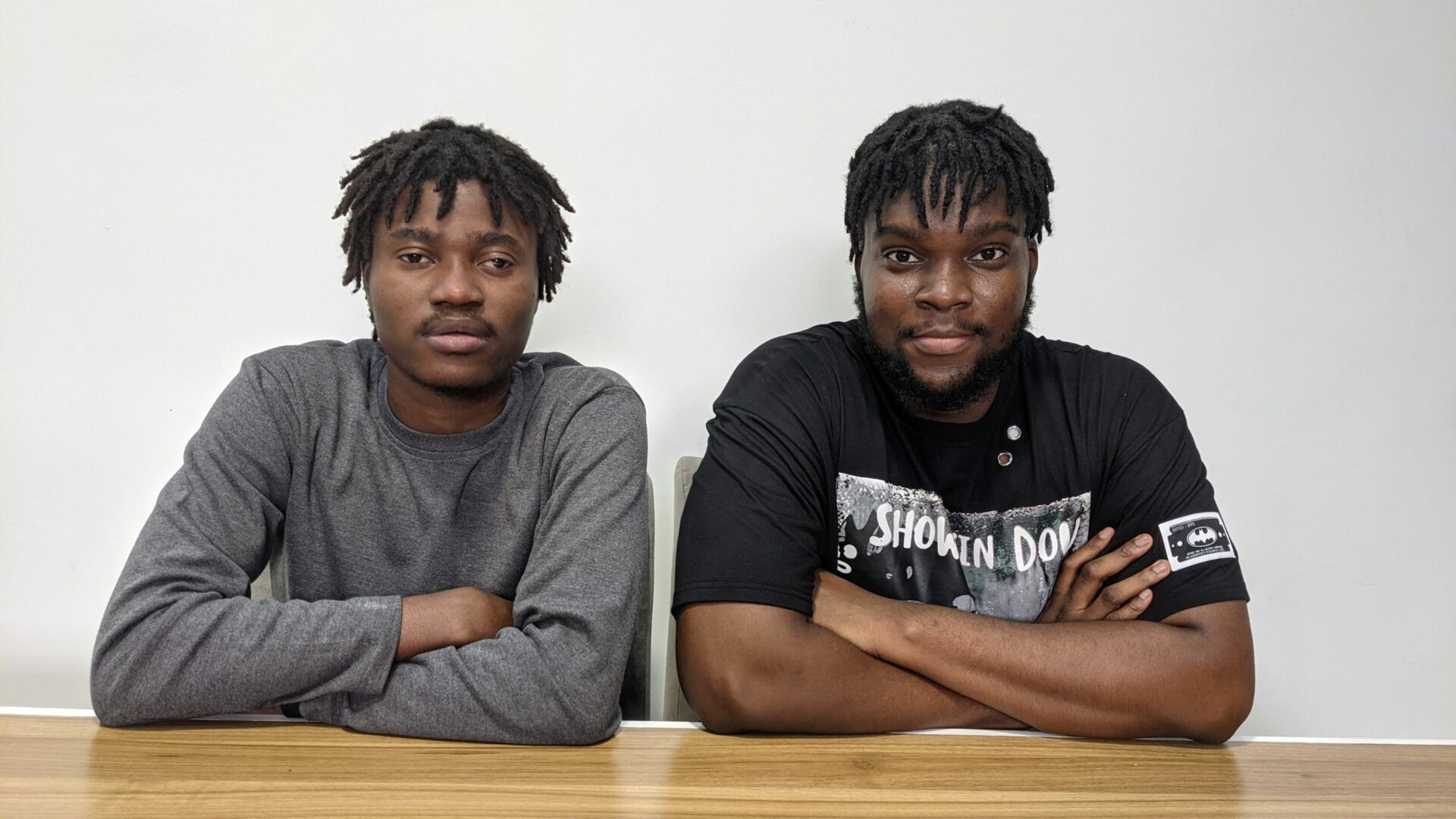When The Peer, a Nigeria-based API startup, shut down in April, the business still had up to twenty months of runway. The shutdown, which its founders blamed on an inability to find product-market fit, means investors will get some of their money back.
According to one investor familiar with their finances, the startup is expected to return about $350,000 of the $2.3 million it raised to investors. The company’s burn rate was less than $20,000 monthly, the same person said.
“We are returning all invested capital back to our investors pro-rata to their investments,” Chike Ononye, the CEO of The Peer, told TechCabal.
The Peer’s decision to shut down early— a counterintuitive idea in a world where startups are encouraged to hang in there—may sometimes lead to better outcomes. At least fifteen high-profile African startups closed their doors in 2023 as macroeconomic conditions worsened and VC funding declined. Those shutdowns often meant investors’ funds went to zero.
Ononye told TechCabal that despite having a “significant” runway, the startup decided to shut down because they thought The Peer could not onboard customers at “a fast enough rate” to achieve sufficient revenue.
Before shutting down, the startup experimented with other products and business lines, such as fraud prevention, but it was not convinced that any pivot should be made with investor money, one person with direct knowledge of the matter said.
Some of The Peer’s investors include Chipper Cash, Flutterwave, Sunu Ventures, Byld Ventures, Timon Capital, Raba Partnership, Musha Ventures, RaliCap, Uncovered Fund, and angel investors like Ezra Olubi and Prosper Otemuyiwa.
Founded in 2021 by Chike Ononye and Michael Okoh to connect business wallets, The Peer raised $220,000 in a pre-seed round and an additional $2.1 million in a June 2022 seed round that valued the company at $5 million.
Investors were told they would receive 20% of their funds back (around $460,000), but one person said The Peer’s seed round was less than the $2.1 million announced, implying a lower refund.
Although the product held promise—an investor in its seed round likened it to Flutterwave—it failed to find scale and generate meaningful revenue. “We had 82 live businesses on Thepeer and were finding traction with our B2B payments. However, of those 82 businesses, only 25% were active on our platform,” Ononye said.
The Peer generated less than $1,000 in revenue after processing more than $500,000 in the first three quarters of 2023, according to someone familiar with the startup’s finances.
The Peer’s APIs allowed customers to move money between wallets. For example, a Foodcourt (food delivery business) customer could move money from their wallet to fund a Paga (fintech) wallet or make payments online with funds from their Foodcourt wallet with The Peer’s payment gateway.
To deliver the product, The Peer had to convince several businesses to integrate its payment product. An industry veteran who asked not to be named told TechCabal that those conversations and subsequent integrations could take months.
“We had a chicken-egg problem, which meant we needed to onboard enough wallets on our SDKs to be enticing for merchants to integrate on the receiving end,” Ononye said. He added that these integrations required “hands-on engineering” and a lot of time.
African markets aren’t ready for wallet-to-wallet transactions at scale, said one person familiar with The Peer’s business. That person also cited challenges with compliance and an absence of consistent support from the startup’s fintech partners.
Meanwhile, the businesses they hoped to sell to often had many options, including more established payment companies like Paystack and Flutterwave.
In a blog post, The Peer’s co-founders said they “could not align the startup’s product with the market’s needs.” “The overall acceptance of wallets as a viable payment option didn’t grow as rapidly as we had hoped,” they wrote.
Before the startup shut down, it held talks with several startups for a possible acquisition, but an acquisition never materialised. “Thepeer explored multiple avenues to continue our development, but ultimately we could not align our plans with those of larger firms to the benefit of our investors,” Ononye told TechCabal.
“I think their product came too early for the market,” an industry expert said.
Editors Note: This article was updated with comments from Chike Ononye, the CEO of The Peer, on Tuesday, April 23rd.
Got a Tip?
We’d like to hear from you. You can contact the author of this article at muktar@bigcabal.com TechCabal protects the confidentiality of its sources.





















